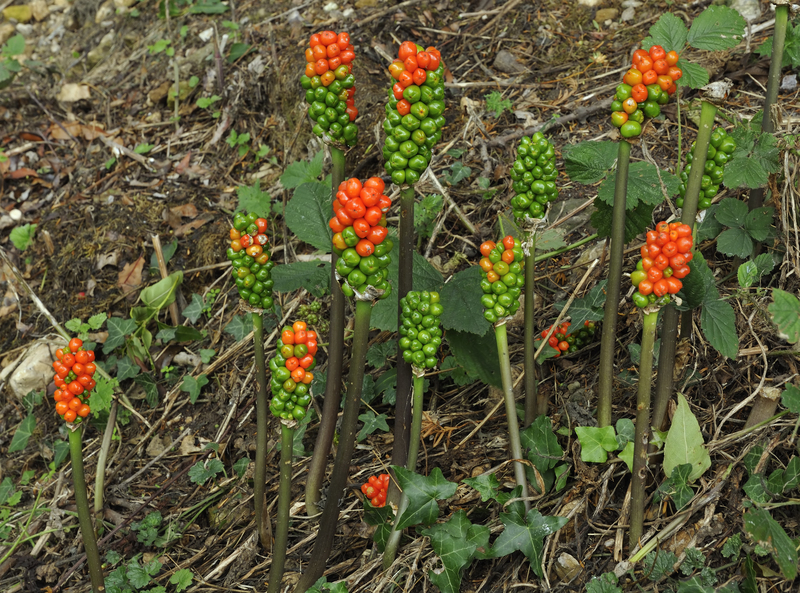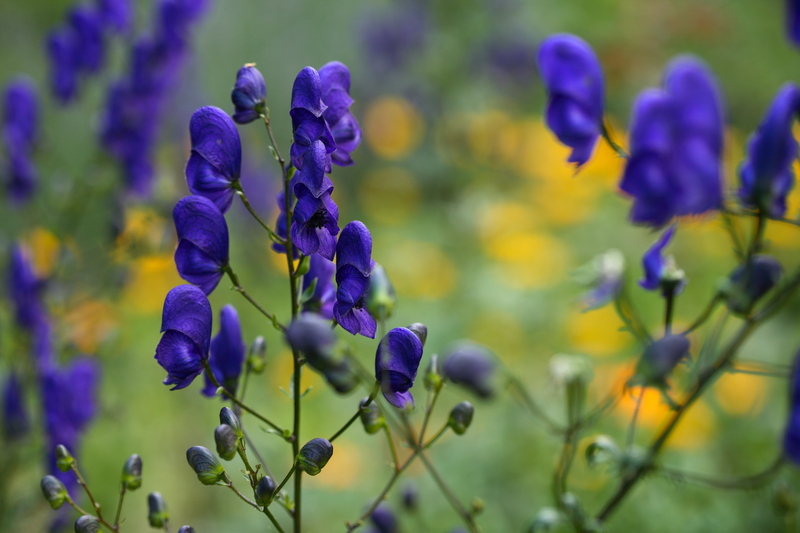Cultivate Your Garden Dreams: 9 Tips for Beginner Gardeners
Posted on 02/06/2025
Cultivate Your Garden Dreams: 9 Tips for Beginner Gardeners
Are you ready to transform your outdoor space into a blooming paradise? Whether you're planting your very first seed or looking to turn your backyard into a sanctuary, gardening is a rewarding journey. Dive into these expert gardening tips for beginners and learn how to cultivate your garden dreams from the ground up.
Why Start Gardening? Unleash Your Inner Green Thumb
Gardening for beginners isn't just about growing plants--it's about cultivating patience, wellness, and serenity. Engaging with nature helps reduce stress, boosts creativity, and even improves physical health. With the right approach, anyone can nurture a thriving garden, regardless of space or experience.

1. Start Small and Choose the Right Location
Dream big but begin modestly! The key for novice gardeners is to start with a manageable space. Here's how:
- Pick a Sunny Spot:
Most vegetables and flowers require at least 6 hours of sunlight daily. Observe your yard throughout the day to find a patch that catches plenty of rays. - Easy Access:
Your garden should be somewhere you can reach easily for daily care. - Soil Quality:
Good soil is the foundation for all gardens. Look for a location where the soil is rich, crumbly, and drains well.
Tip: Try growing in containers or raised beds if outdoor space is limited!
Benefits of Starting Small
- Less overwhelming for beginners
- Key to understanding plant requirements
- Easier to monitor for watering, pests, and weeds
2. Understand Your Soil
Gardeners' success starts from the ground up. Healthy, nutrient-rich soil is critical for strong plant growth.
- Test Your Soil: Purchase a simple soil test kit from a garden center. This will help you determine your soil's pH and nutrient content.
- Add Organic Matter: Amend your soil with compost, well-rotted manure, or leaf mold for improved fertility.
- Drainage Check: Saturated soil drowns roots. To check u2013 dig a hole, fill with water, and see how long it takes to drain.
Expert insight: If soil problems persist, consider using raised beds or container gardening, allowing you to control the growing medium.
3. Choose Easy-To-Grow Plants
When starting out, select plants for beginners that are known for their resilience and fast growth. Boost your confidence before moving on to more challenging varieties.
- Marigolds and Sunflowers: Bright, bold, and easy to grow from seeds.
- Herbs: Basil, mint, and chives thrive indoors or out and are useful in the kitchen.
- Leafy Greens: Lettuce, spinach, and kale are quick growers and tolerant of cooler weather.
- Tomatoes and Zucchini: Rewarding for beginner vegetable gardeners and incredibly productive in the right conditions.
Don't limit yourself! As you gain confidence, try new varieties to expand your skills and garden diversity.
4. Water Wisely
Watering is both art and science. Plants need enough moisture to thrive, but overwatering encourages diseases and root rot.
- Morning Routine: Water your garden early in the day to minimize evaporation and allow foliage to dry, reducing fungal diseases.
- Soak, Don't Spray: Water deeply at the soil level to encourage deep root growth.
- Check the Soil: Stick your finger about an inch into the soil. If it feels dry, it's time to water!
- Consider Mulching: Mulch conserves moisture, suppresses weeds, and regulates soil temperature.
Remember: Different plants have different water needs--research each plant's specific requirements or use plant markers as reminders.
5. Feed Your Plants
For vigorous growth and blooms, plants need more than sunlight and water. Fertilizing replenishes essential nutrients.
- Use Organic Fertilizers: Compost, worm castings, and organic blends help enrich the soil naturally.
- Follow Package Directions: Never over-fertilize, as this can harm your plants and pollute local waterways.
- Leaf Observation: Yellowing, poor growth, or leaf drop may signal nutrient deficiencies.
Tip: A balanced, slow-release granular fertilizer is a safe starting point for most beginner gardens.
6. Practice Regular Maintenance
Maintaining your garden is key to its long-term success. Consistent care helps prevent problems before they occur.
- Weed Weekly: Remove weeds promptly to reduce competition for nutrients and water.
- Prune and Deadhead: Trim dead or diseased leaves and faded flowers to encourage more blooms.
- Monitor for Pests: Look under leaves and along stems for early signs of infestations.
- Stay Organized: Keep a simple gardening journal to track plant progress, weather changes, and successes.
Organization Tip: Having your tools handily stored in a small tote ensures you're always ready for quick garden chores.
7. Support Wildlife and Pollinators
A healthy garden supports more than just plants--it attracts bees, butterflies, and birds that promote pollination and pest control.
- Grow Native Flowers: These species are adapted to your climate and favorite food for local pollinators.
- Add a Birdbath or Bee House: Provide shelter and water to invite helpful creatures into your yard.
- Avoid Pesticides: Chemical pesticides can harm beneficial insects.
Did you know? Even a balcony garden can become a pollinator haven with the right plant choices!
8. Learn Through Experience--and Mistakes!
No two gardens are alike, and every patch of earth comes with its own set of challenges. The most successful gardeners are perpetual learners. Embrace curiosity as you cultivate your garden dreams.
- Experiment: Try new plant varieties, layouts, and gardening techniques.
- Ask for Advice: Visit local nurseries, join garden clubs, or find online gardening communities.
- Keep Records: Jot down what works--and what doesn't--for future seasons.
Encouragement: Mistakes are part of the gardening journey. Each setback is a valuable lesson that brings you closer to garden success.
9. Celebrate and Enjoy Your Garden's Progress
Take time to appreciate your successes--big and small! Whether it's the first sprout, a homegrown tomato, or a blooming flower, celebrating your progress is essential.
- Photograph Your Garden: Document its transformation through the seasons.
- Share With Friends: Gift cut flowers, herbs, or veggies to neighbors.
- Create a Resting Spot: Place a bench or chair to enjoy the sights, scents, and sounds of your green oasis.
Remember: Gardening is a continual journey. With each season, you'll gain more knowledge, confidence, and joy from your outdoor retreat.
Bonus Tips for Beginner Gardeners
- Plan Ahead: Research your region's growing season and frost dates.
- Label Plants: Use markers to keep track of plant varieties and care needs.
- Be Patient: Nature works at its own pace--sometimes slower than we'd like!
- Enjoy the Process: Each day in the garden brings something new to discover.

Frequently Asked Questions for Beginner Gardeners
-
Q: What are the easiest vegetables for beginners to grow?
A: Radishes, lettuce, green beans, and zucchini are all easy, productive choices for novice gardeners. -
Q: How often should I water my plants?
A: Water needs vary but, as a rule of thumb, most gardens need about 1 inch of water per week from rain or irrigation. -
Q: What if I have a small space?
A: Container gardening or vertical gardens let you grow a variety of plants, even on balconies or patios.
Start Cultivating Your Garden Dreams Today!
Gardening for beginners is a delightful and attainable pursuit. With these nine essential tips, you can set down roots--both figuratively and literally--that will blossom for years to come. Remember, the best gardens are grown with patience, learning, and love.
So what are you waiting for? Take the first step, get your hands a little dirty, and cultivate your garden dreams into a beautiful reality. Happy gardening!

